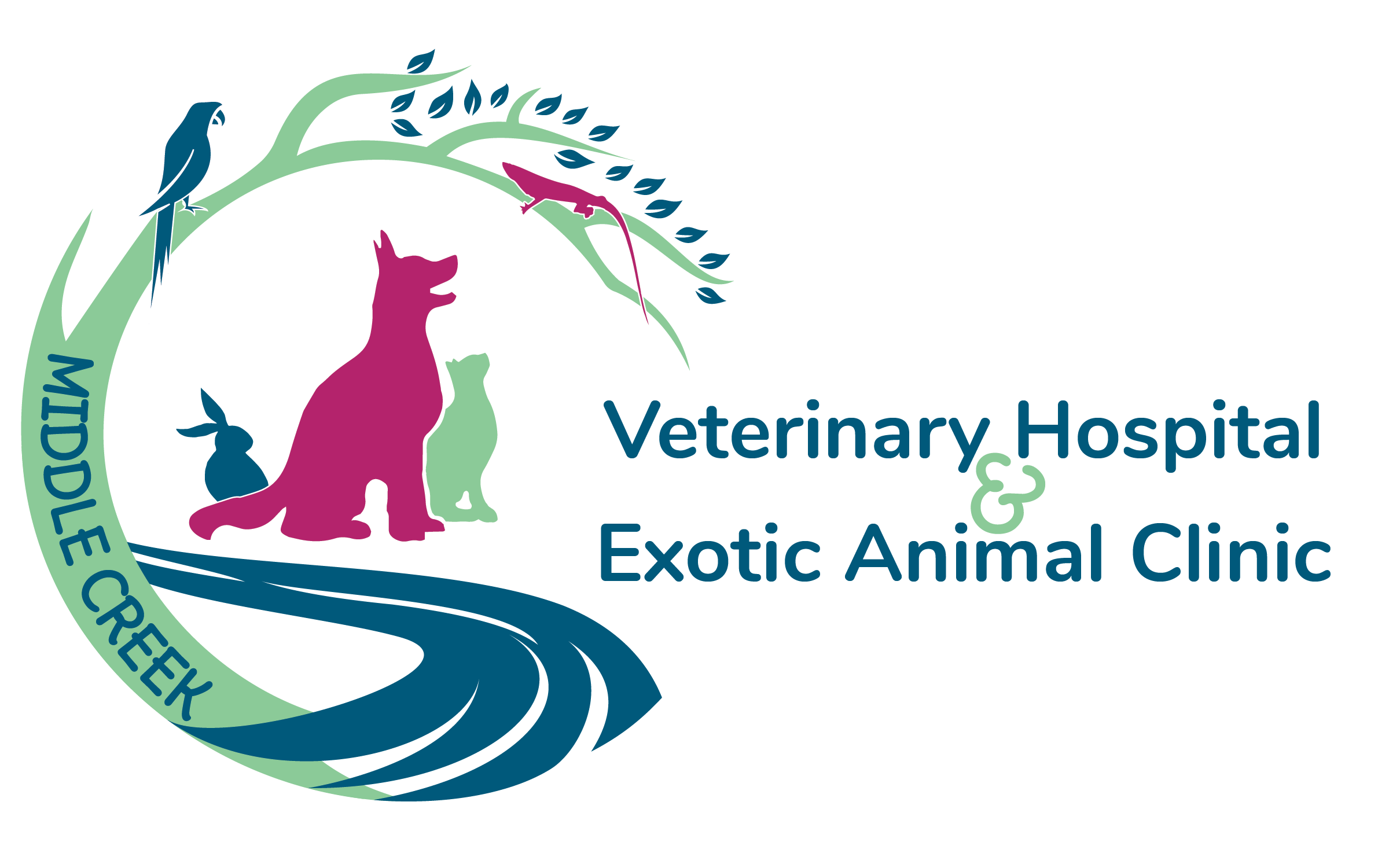About
Pets & Food
Some of us grew up in a generation when pet food consisted primarily of some generic kibble and table scraps. Through the years, we’ve learned that diet affects the health of our pets as much as it does the health of humans. An unhealthy or inapproptiate diet can shorten our beloved companions’ life spans, cause debilitating diseases, or be fatal. As if that wasn’t confusing enough, don’t forget that foods that are healthy for one species can be toxic to others. Whether you are the pet parent of a cat, python, or rabbit, research and advice from your pet’s veterinarian about what they’re eating is the first step to success.
By familiarizing yourself with your pet’s appropriate dietary needs, toxic foods, pet food recalls, and similar information, you will know when immediate action is needed. If a recall has impacted your pet’s diet or if they have ingested a toxin, please let us know immediately.
Foods Toxic to Animals
What is harmful to one species may be beneficial to another. Although there may be others, below is a list of foods known to cause illness or death in cats, dogs, and ferrets. Toxic foods for exotic pets vary tremendously by species and are not included in this list.
- Alcohol
- Avocados
- Chocolate– Have we mentioned chocolate?
- Caffeine– including tea, tea leaves, coffee grounds, beans, and especially chocolate-covered espresso beans
- Chewing Gum – Much of the chewing gum readily available is sweetened with xylitol. A single stick of gum containing xylitol could be enough to kill a small dog.
- Garlic
- Grapes and raisins
- Fermented foods– Say no to yeast and kimchi
- Leaves and stems – Potato leaves and stems (green parts), rhubarb leaves, tomato leaves and stems (green parts)
- Mushrooms and other fungi
- Nuts- especially macadamia nuts, walnuts, and cashews
- Onions- including derivatives like powder and flakes
- Salt
- Seeds and pits– including apple, apricot, cherry, mustard, and peach
- Xylitol– a widely used artificial sweetener
For lists of additional common household toxins, see these pages.
Signs Your Pet Has Ingested a Toxin or Poison
Toxin or poison consumption can look different depending on factors such as your pet’s species and how much they ingested. If you have an exotic pet, it is best to schedule a wellness appointment before your pet ever becomes ill so that we can review the symptoms of illness with you according to their species. Below are some symptoms in cats and dogs that may indicate ingestion of a dangerous substance. This is not an all-inclusive list. If you have ANY concern that your pet may be in life-threatening danger, go to our emergency page and have your pet seen at an emergency animal hospital right away.
- Loss of appetite, vomiting, and diarrhea
- Bruising, nosebleeds, anemia, and bloody stool
- Seizures or fatigue
- Irregular heartbeat or breathing patterns
- Inability to urinate
If your pet is NOT in immediate need of veterinary care and you know or think they have consumed something toxic, call the ASPCA Animal Poison Control Center at (888) 426-4435. They will be able to give you the most up-to-date information on specific symptoms or treatments for your pet. There is a fee for this service; they will collect it when you call.
2023 FDA Pet Food Recalls
The Food and Drug Administration (FDA) regulates pet food and requires that all animal foods, like human foods, be safe to eat, produced under sanitary conditions, contain no harmful substances, and be truthfully labeled. Occasionally, pet food will be recalled because it was deemed unsafe. You can keep yourself up to date by following this page for recalled pet food and this page for recall withdrawals.
Your Pets’ Well-being is Important to Us
At Middle Creek Veterinary Hospital, we want to help you understand how dangerous certain substances can be to your pet. By familiarizing yourself with toxic food and pet food recalls and their causes and symptoms, you can take immediate action. If a recall has impacted your pet’s diet or if they have ingested poison, please let us know immediately. We are always here for your pets’ well-being.
